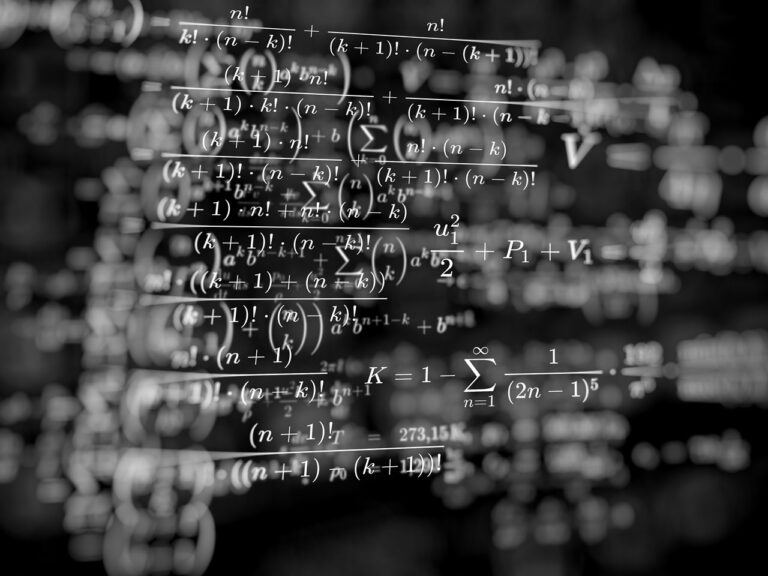Doing the math on probation violations:
Criminal lawyers are aware that the law of probation violations significantly changed in July, 2021. But what happens when a defendant, prior to 2021, was sentenced to probation for an indefinite period and he later violates his probation?
In Hannah v. Commonwealth, the Supreme Court examined a situation where the trial court, in finding that a probationer committed a violation, allegedly created a period of suspension that was in excess of the new (after July 1, 2021) statutory maximum. Does this render that judgment void ab initio, as it does with sentences that exceed the applicable statutory maximum?
The Supreme Court will answer those questions another day. Instead, it determined that because the defendant’s conduct occurred prior to the implementation of the new law, the former probation violation limits applied (meaning the requirement was simply that probation be implemented for a reasonable period of time). Note that it determined the former version applied, even though some of Hannah’s bad acts occurred AFTER July 1, 2021.
Otherwise, Code Section 19.2-306(C) applies only to conduct that occurs after that date, and only applies prospectively. Additionally, any errors in the application of Code Section 19.2-303.1 “do not create a fundamental infirmity which would strip a court’s jurisdiction.”
Takeaways for criminal practitioners: You may have an issue for appeal if a trial court sentences your client to a period of time in excess of the probation violation maximum period of suspension. Consider whether the facts in your case fall within the parameters raised in Hannah. Whether a judgment is void ab initio remains a viable issue on appeal since the Supreme Court did not reach it here, and may be before the Court another day!



